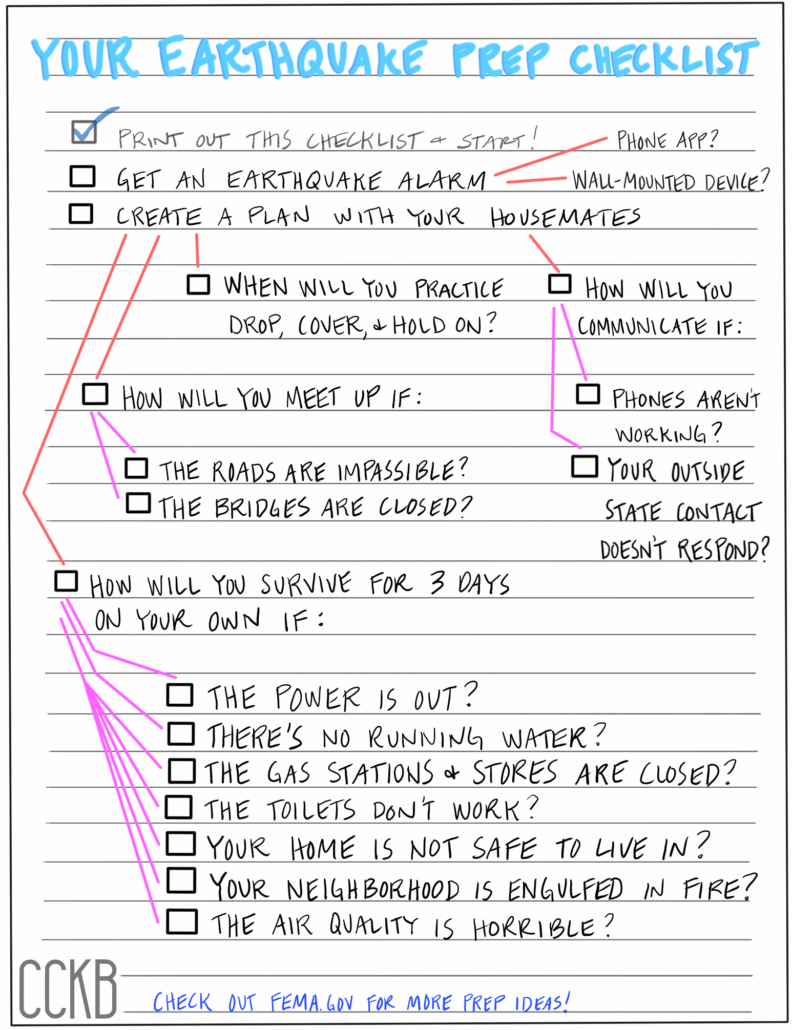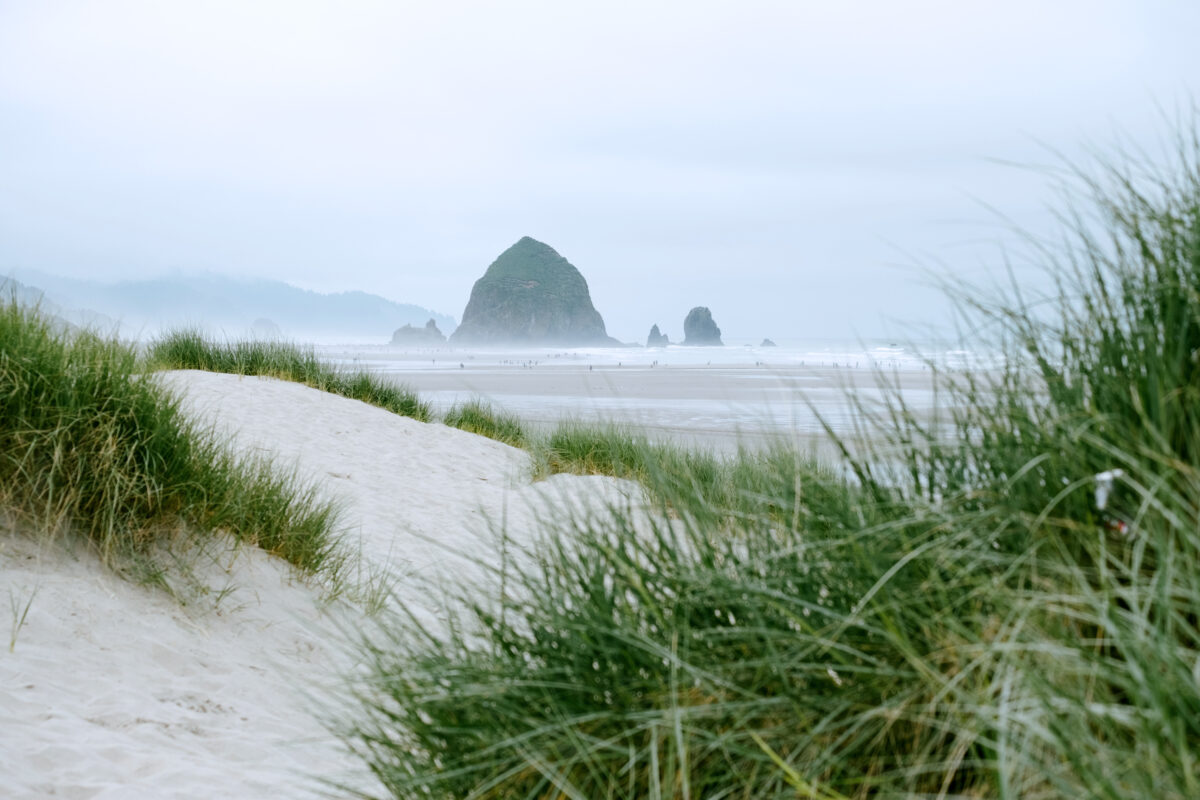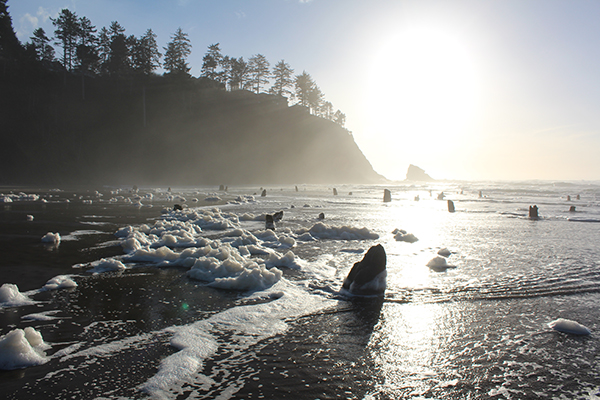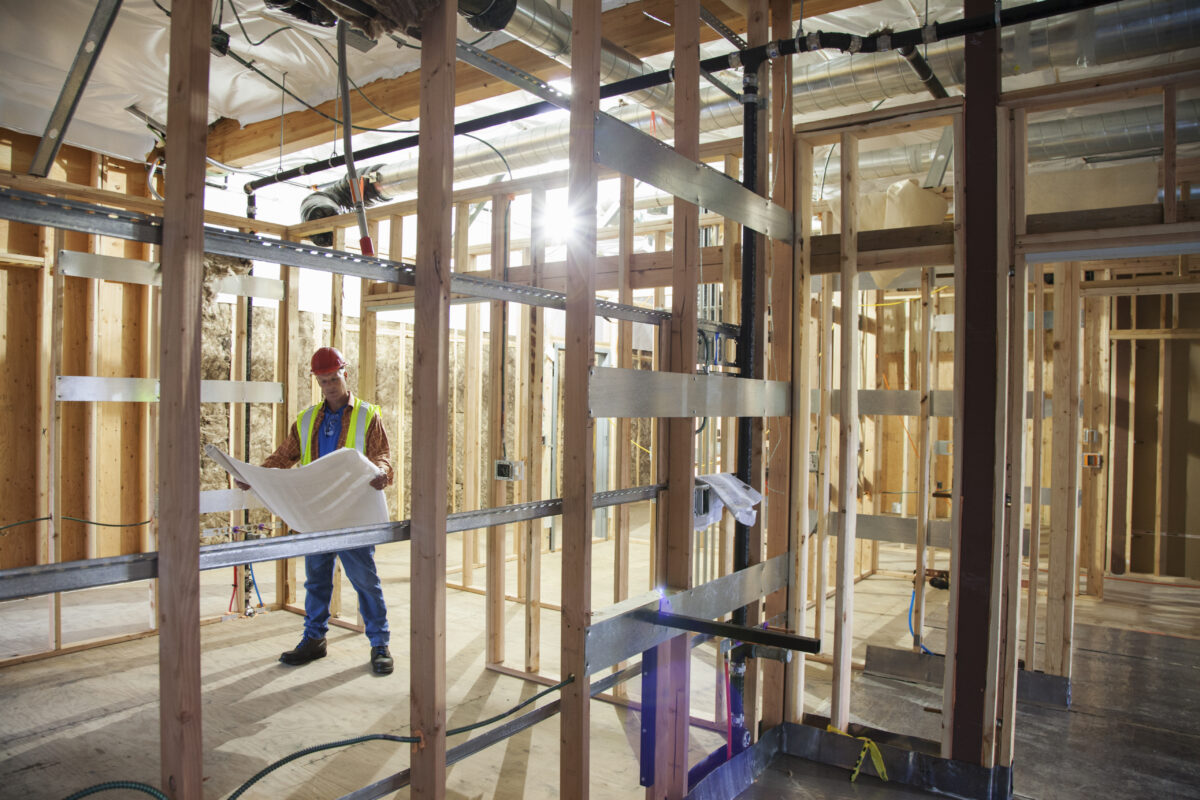A bit of planning now can pay off when the next major earthquake hits California. A few small steps can help make an earthquake less of a disaster.
“What should I do before, during, and after a large earthquake?” Our four-part series describes each of these phases in detail. Other articles in this series:
- What Should I Do During An Earthquake?
- What Will Happen in the Aftermath of a Major Earthquake?
- How Long Will it Take to Recover from a Major Earthquake?
How Can I Get An Earthquake Warning?
When the shaking starts, we often spend vital seconds confused before we realize that it’s an earthquake — but each second counts. Phone apps like Quake Alert, powered by USGS’s Shake Alert, or wall-mounted earthquake alarms can give you a few seconds of warning to drop, cover, and hold on. Want to learn more about how earthquake alarms work? Check out our article on earthquake warnings.
How Will We Communicate, Meet-up, and Find Shelter?
Plan: Talk with your family, friends, and neighbors about emergency planning before the earthquake happens. Make a plan for communication, meet-up, and where you will take shelter – use this checklist to help your planning.
Communicate: SMS text messages are the best way to communicate with your family and friends – it’s the most reliable and saves the phone network for life-threatening emergencies. Back-up plans could include communicating over email, social media, or data calls via WhatsApp or Skype.
How Can I Be Helpful When The Earthquake hits?
When a major earthquake hits, many people will be injured. Consider taking a first aid and CPR class now so that you’ll be able to aid yourself and others. Some people might go into cardiac arrest during an earthquake and need CPR, and others may be bleeding from a fallen bookcase. Check out classes offered by the Red Cross and the American Heart Association. In addition, keep a map in your earthquake bag showing the location of the closest hospital.
What Should I Put In My Earthquake Kit?
Earthquake kit essentials include:
- First aid kit
- Food and water for at least three days
- Dust masks
- Flashlights and extra batteries
- Camping gear in case your home is no longer safe to inhabit. Also, warm clothing and sleeping bags in case the earthquake comes in the winter.
- Sanitation items and an emergency toilet: buckets, toilet paper, garbage bags, diapers, soap, and hand sanitizer. Check out PHLUSH’s detailed emergency toilet guidebook.
- Portable solar-powered or crank radio
- Solar-powered phone charger
- Fire extinguisher
- Medications
- Important documents and cash
Many people dutifully have their earthquake bags prepared but then forget to check the kits once per year. Batteries might lose power, and food might expire. Make sure to replace any items on the regular.
What Else Should I Think About?
When you plan with family and friends, play a brainstorming game and think about all the different things that could be considered, like:
- Consider practicing Drop, Cover, and Hold On a few times during the year.
- Consider choosing someone out of town to be the point-of-contact.
- Consider writing down all your emergency contacts and keeping them in your wallet, or placing “ICE” (in case of emergency) contacts on your cell phone screen saver wallpaper.
- Consider having a family emergency distress whistle or knocking-pattern that you can use if you or a family member gets trapped.
- Consider keeping the gas in your car above half-filled at all times.
- Consider having two earthquake bags placed in two different locations in case a portion of your home is inaccessible after an earthquake.
- Consider storing bottles of water around your home in every closet. You need one gallon per person per day.
- Consider putting a pair of shoes and a flashlight in a bag, tied to the bed frame post in case the earthquake hits at night.
- Consider your lease rights and take that into account when creating your earthquake plan.
Are there other considerations unique to your situation? Add them to your earthquake prep to-do list!
Earthquake Prep To-Do List
Review the checklist below and the ideas that come out of planning with your friends and family, and see if there’s anything you need to do before the next big earthquake.




